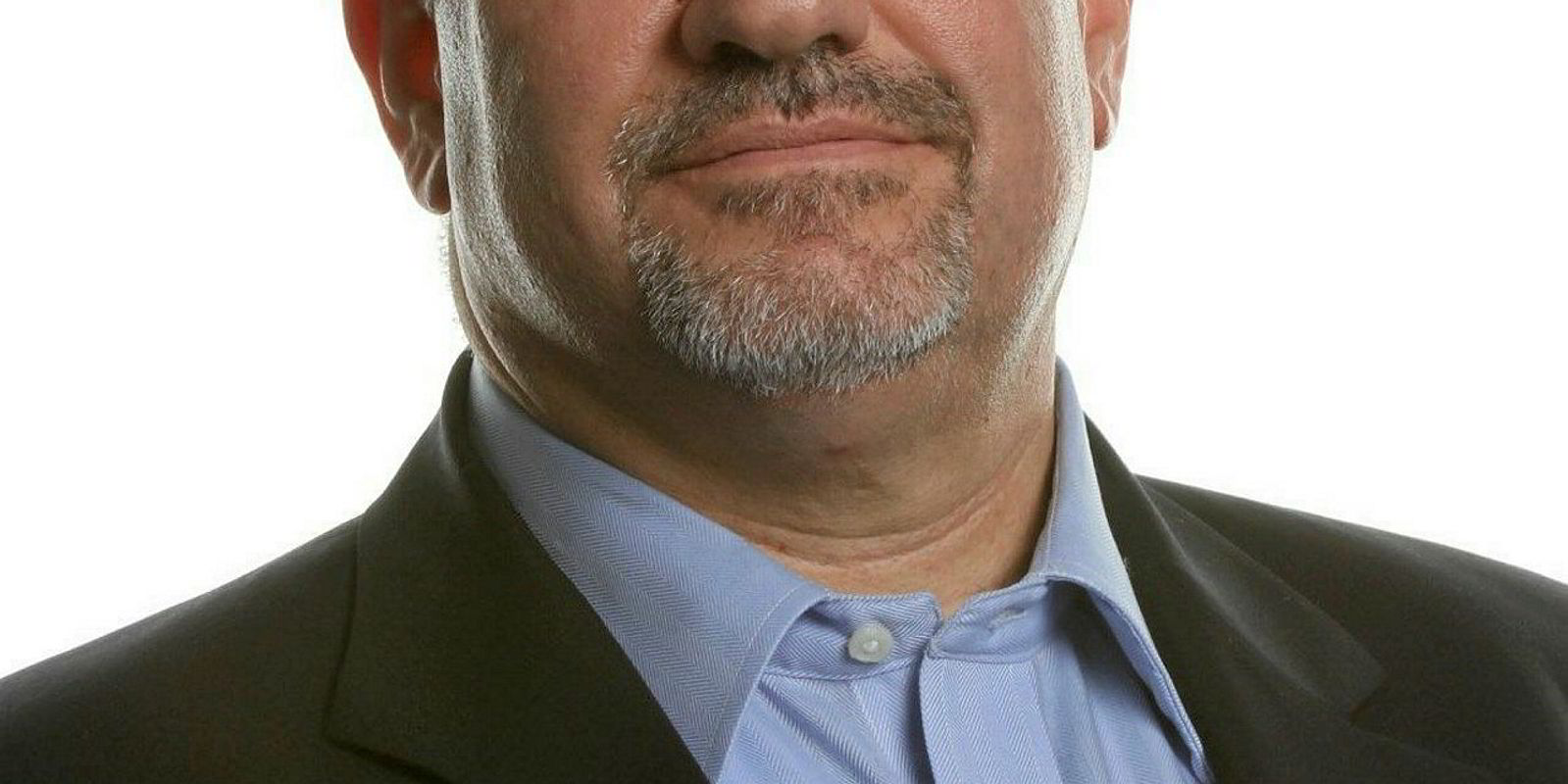Safe Bulkers reported its first adjusted quarterly profit in three years, buoyed by rising freight rates and a growing fleet.
An impairment of more than $90m on four of its vessels led to a bottom line loss of $86.6m in the final three months of 2017. However, the shipowner's underlying numbers were strong, analysts say.
Adjusted net income climbed to $5.47m for the fourth quarter, snapping a streak of 11 consecutive quarterly losses, according to financial earnings released by the company on Wednesday.
“Safe Bulkers has become profitable on an adjusted basis for the first time after several quarters, and we believe it has one of the most competitive break-even points in the industry,” company president Loukas Barmparis said in a statement.
Safe Bulkers’ adjusted profit of $0.02 per share in the fourth quarter beat the average estimate of nine analysts, who had expected the company to post a loss of $0.01 per share.
Last quarter, the company also reported its first headline net profit, including one-off charges, since the third quarter of 2014.
Edging ahead of market
Analysts at DNB Markets say the adjusted profit beat the $700,000 consensus, with EBITDA of $24m 13% clear of the figure forecast.
“The results were in positive territory for the first time in 12 quarters, while an impairment charge pushed the reported net profit into negative,” analysts led by Nicolay Dyvik said.
The DNB team expect a modest positive reaction in the Safe Bulkers share price. However, they explain with underlying results only slightly above forecasts no material change of consensus forecasts is expected.
Fleet growth boosts figures
Safe Bulkers’ fleet expanded to 39 vessels by the end of 2017, up from the 26 ships it had five years ago.
A bigger fleet helped improve results, as time-charter equivalent earnings increased in the fourth quarter of 2017 to $11,944 per day, up from $8,936 per day in the same year-ago period.
Net revenues jumped therefore to $42.4m, up 34% year-on-year, and their highest reading since the fourth quarter of 2013.
The company, however, also took a non-cash impairment charge of $91.3m in the fourth quarter.
Safe Bulkers said this was “consistent with prior practices” and reflected the write-down of the value of four of its vessels to their estimated fair market value.
Safe Bulkers didn’t identify the four vessels the value of which it has written down.
Safe Bulkers, controlled by Polys Hajioannou, was the top performing shipping stock in 2017, according to Clarksons, with a total return of 181%.






